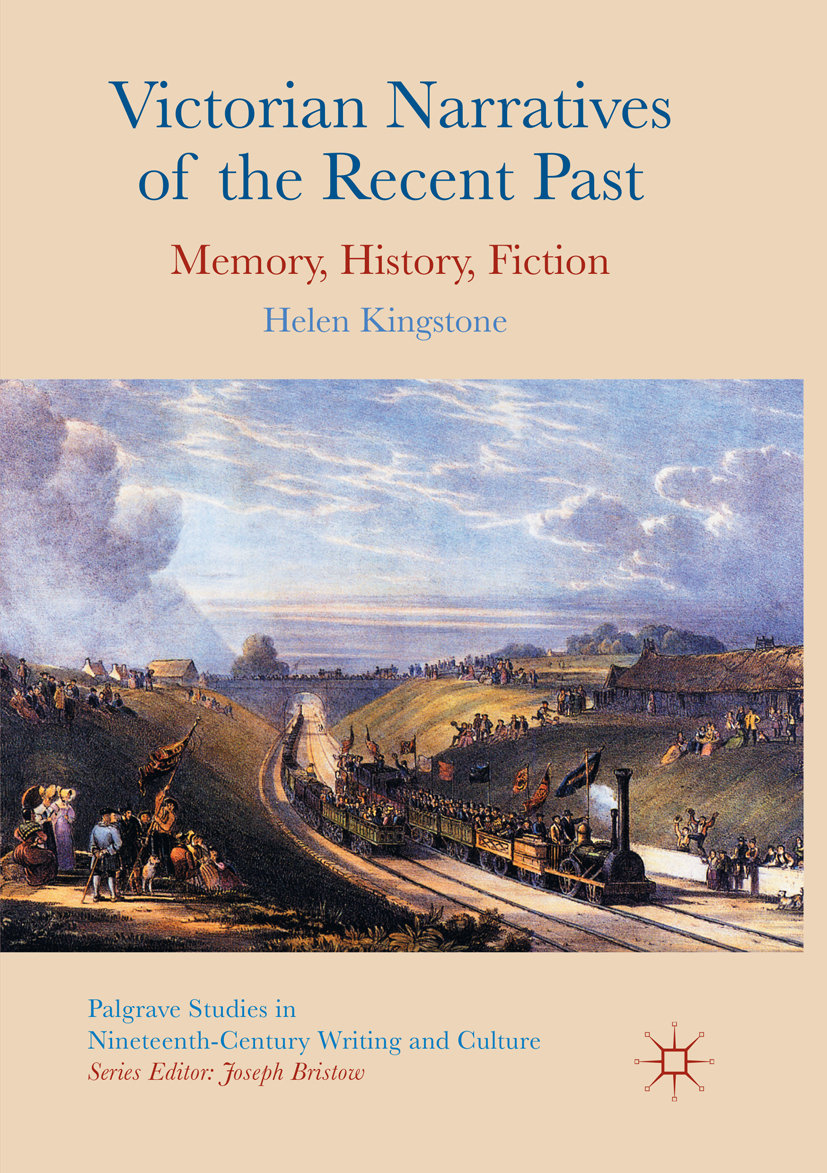This book explains why narrating the recent past is always challenging, and shows how it was particularly fraught in the nineteenth century. The legacy of Romantic historicism, the professionalization of the historical discipline, and even the growth of social history, all heightened the stakes. This book brings together Victorian histories and novels to show how these parallel genres responded to the challenges of contemporary history writing in divergent ways. Many historians shrank from engaging with controversial recent events. This study showcases the work of those rare historians who defied convention, including the polymath Harriet Martineau, English nationalist J. R. Green, and liberal enthusiast Spencer Walpole. A striking number of popular Victorian novels are retrospective. This book argues that Charlotte Brontë, Elizabeth Gaskell and George Eliot's "novels of the recent past" are long overdue recognition as genuinely historical novels. By focusing on provincial communities, these novelists reveal undercurrents invisible to national narratives, and intervene in debates about women's contribution to history.


